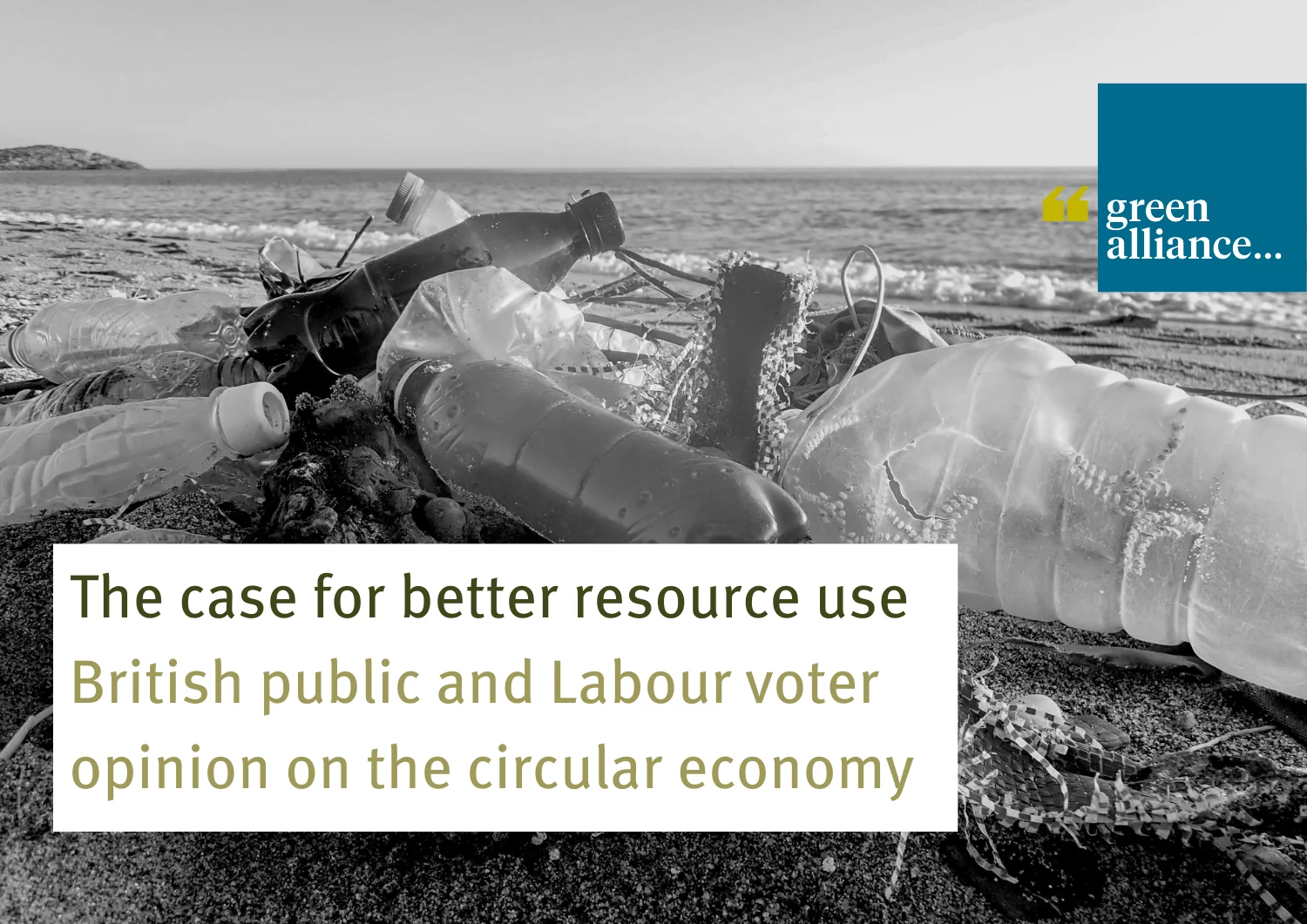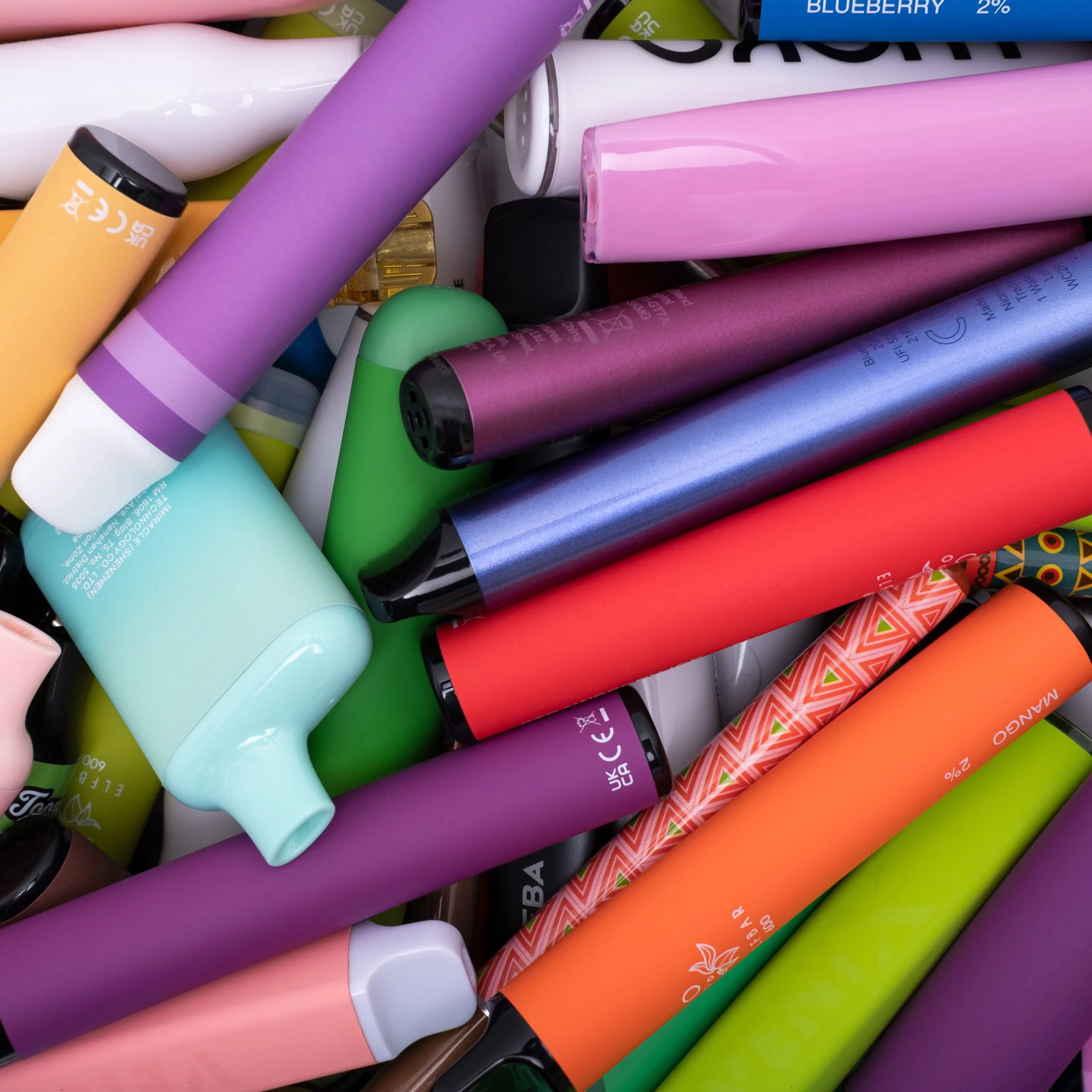Overview
Plastic pollution is a problem, but it’s critical to ensure solutions do not create new environmental issues in future.
Ironically, plastic was invented to solve an environmental problem in the 19th century (the threat of extinction of elephants, hunted for ivory), but plastic pollution is now a scourge of modern society. The public wants action and governments and businesses are taking it.
But addressing plastic separately from other materials and one product at a time, like bans on plastic straws, treats the symptom instead of the cause, which is throwaway lifestyle. Until this is tackled, we will not solve the problem and we are in danger of creating other potentially serious environmental issues.
As part of our work with our Circular Economy Task Force, we are harnessing the public and political interest in solving plastic pollution to shape the future of UK resource use, for both plastics and other high impact materials.
We are aware that [by switching from plastic to other materials] we may, in some cases, be increasing our carbon footprint.
How to stop plastic waste getting into the sea
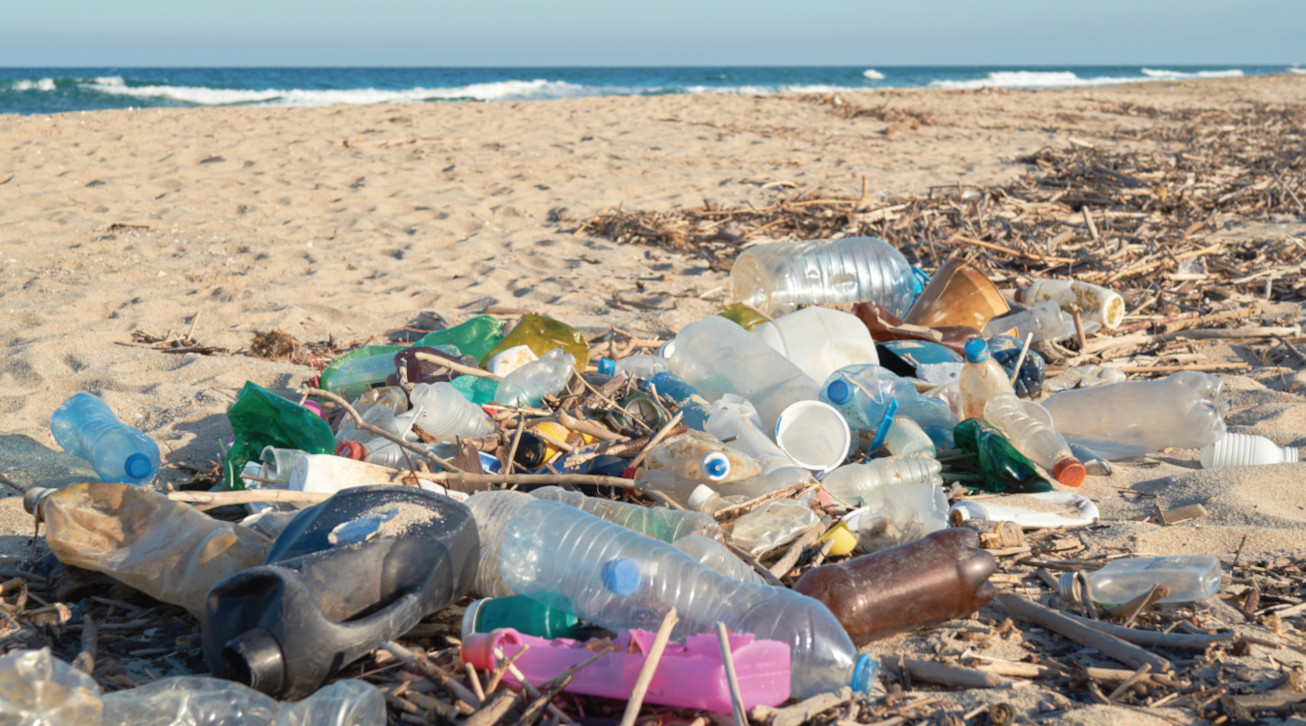
Our infographic shows that plastic marine litter from the UK could be reduced by nearly two thirds with five simple actions. The single most effective action would be to implement a deposit return scheme, stopping a third of plastic going into the oceans. This is important considering the largest proportion (33 per cent) of plastic litter comes from plastic bottles.
Deposit return schemes are already widely and successfully implemented abroad (nearly 100 per cent of plastic bottles are returned for recycling in Germany). They also maintain high quality plastics for recycling, preventing them from going to landfill, incineration or into the environment.
Tackling throwaway lifestyles
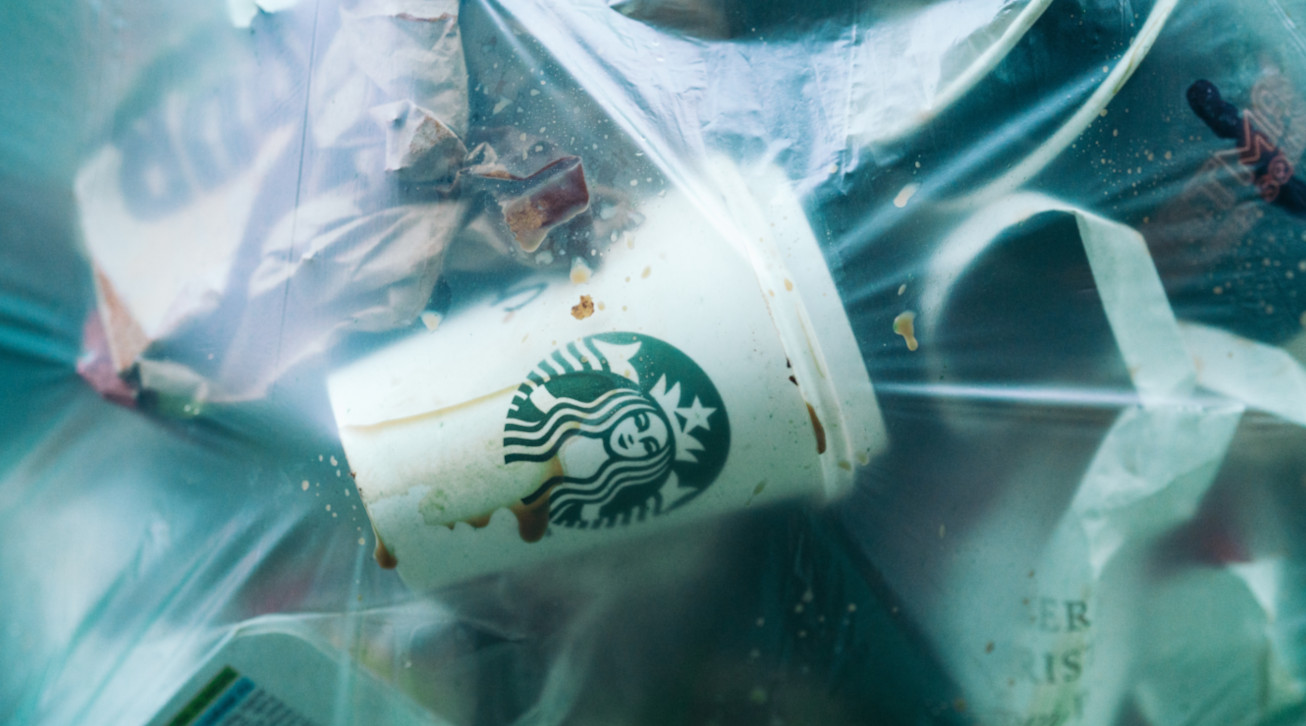
In 2020, with our Circular Economy Task Force (CETF), we produced a number of reports looking how to prevent plastic pollution while avoiding new environmental problems in future.
People think they are doing the right thing by avoiding plastic, but we question why single use water containers are needed at all in the UK when we have high quality tap water. We show that other single use containers, like aluminium and glass, have impacts too.
Featuring candid insider accounts of emerging business decisions, through anonymised interviews with companies, this report shows that the switch away from plastic is often made without considering other impacts and we reveal that businesses want government intervention on this issue.
We advocate a systemic approach, recommending new guiding principles, better infrastructure and financial incentives, to ensure a circular economy for all materials, not just plastic.
Influencing the agenda
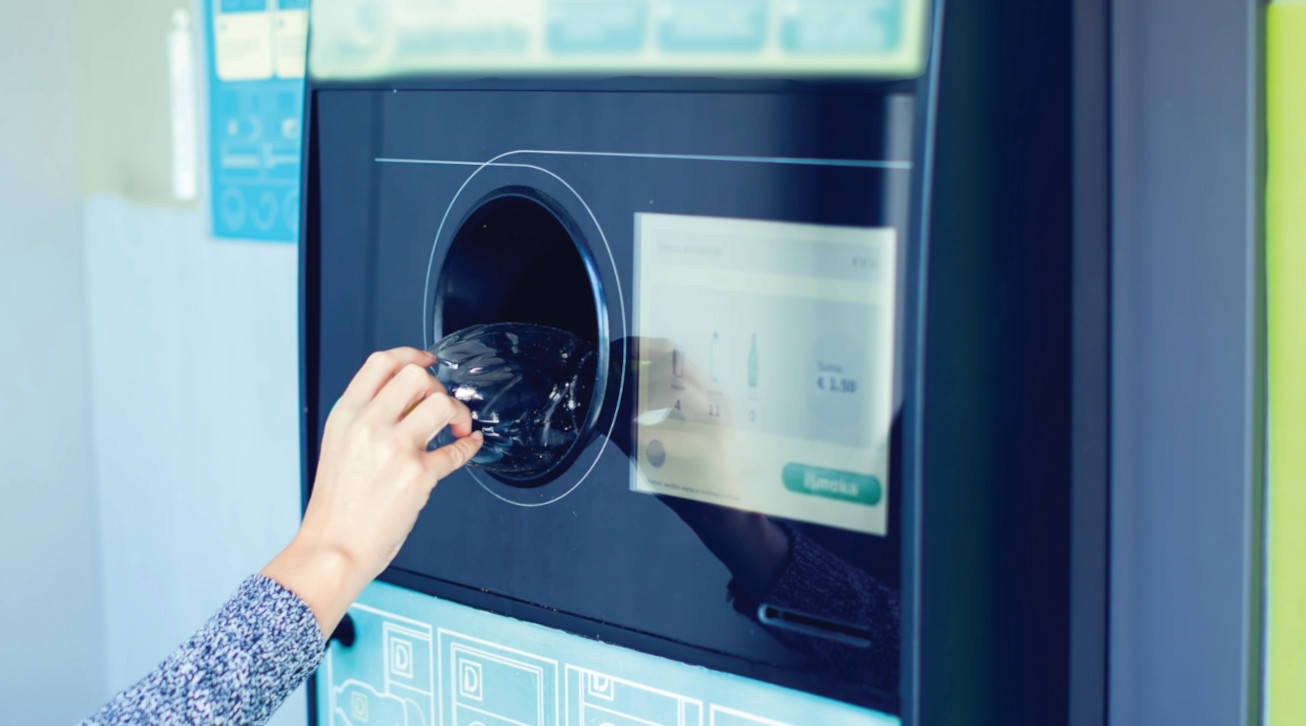
Our work generated new political momentum to find solutions to plastic pollution and tackle throwaway lifestyles.
In 2021, we gave written and oral evidence to the parliamentary inquiry on plastic waste and parliament’s Environment Food and Rural Affairs Committee (EFRA) used our evidence in its September 2019 investigation into plastic food and drink packaging. Its report recommendations echoed ours, including its main conclusion that a “fundamental shift” away from single use packaging, rather than just plastic, is needed.
Partners
We’re grateful to the members of the Circular Economy Task Force for supporting this work.

